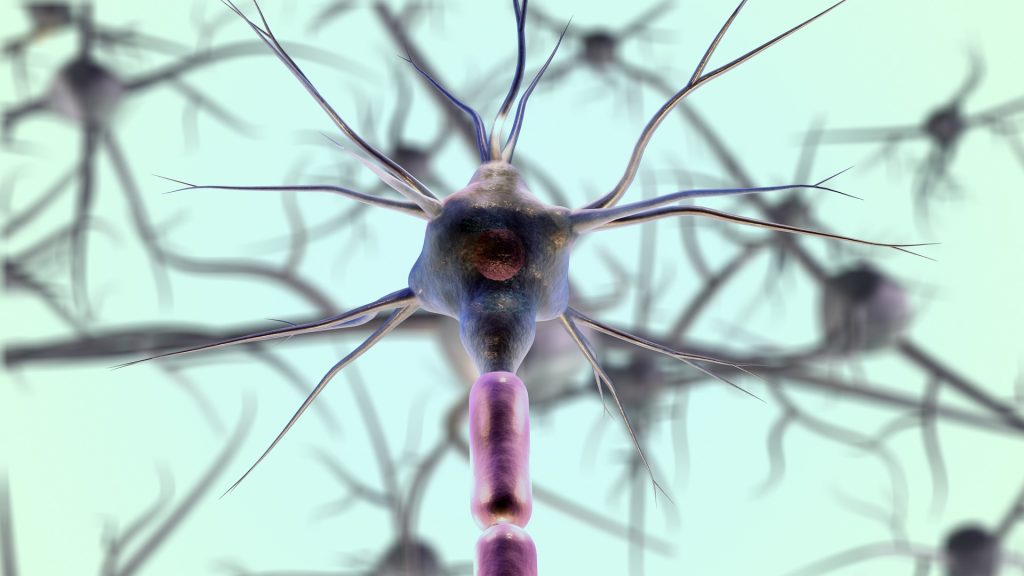
Drug addiction is a pervasive and complex issue that affects individuals, families, and societies worldwide. Characterized by compulsive drug-seeking, continued use despite harmful consequences, and long-lasting changes in the brain, addiction is a chronic relapsing disorder that requires a multidimensional understanding and approach. This article aims to delve into the various aspects of drug addiction, exploring its causes, consequences, and potential strategies for prevention and treatment.

The Biology of Addiction:
At its core, drug addiction is a neurobiological phenomenon that alters the structure and function of the brain. Substance abuse, whether it involves illicit drugs or prescription medications, impacts the brain’s reward circuitry. Normal functioning of neurotransmitters, particularly dopamine, will be hijacked by drugs resulting in flooding the brain with feelings of pleasure and reinforcing the desire to repeat the behavior.
Over time, repeated drug use leads to tolerance, requiring higher doses to achieve the same effects. Simultaneously, the brain undergoes structural changes, making it increasingly difficult for individuals to control their impulses and make rational decisions. This neuroadaptation contributes to the compulsive nature of drug-seeking behavior and the challenge of breaking the cycle of addiction.
Causes and Risk Factors:
Drug addiction is a complex interplay of genetic, environmental, and psychological factors. Genetics play a role in an individual’s susceptibility to addiction, as certain genetic variations may increase the likelihood of developing substance abuse disorders. Environmental factors, such as exposure to drugs during childhood or living in a community with high drug prevalence, also contribute to the risk.
Psychological factors, including mental health disorders like depression and anxiety, can be both a cause and a consequence of drug addiction. Many individuals turn to drugs as a way to cope with emotional pain or stress, creating a vicious cycle where substance abuse exacerbates mental health issues, leading to further drug dependency.

Social and Economic Impact:
The consequences of drug addiction extend beyond the individual, affecting families, communities, and societies as a whole. Substance abuse strains relationships, disrupts family dynamics, and contributes to social instability. The economic burden is substantial, encompassing healthcare costs, legal expenses, and lost productivity.

Moreover, criminal activity will be fueled by drug addiction, as individuals resort to illegal means to support their habits. The incarceration of individuals involved in drug-related offenses exacerbates the strain on the criminal justice system, creating a cyclical pattern of crime, incarceration, and reoffending.
Prevention Strategies:
A multifaceted approach that combines preventive measures with targeted interventions should have to include in the efforts to address drug addiction. Prevention strategies must focus on education, raising awareness about the risks of substance abuse, and fostering resilience in individuals to resist the pressures of drug use.
Drug addiction can be prevented by community-based programs and supporting networks. Engaging youth in constructive activities, providing mentorship, and creating safe spaces for open communication can help mitigate the risk factors associated with substance abuse.


Treatment and Rehabilitation:
Treatment for drug addiction should be tailored to individual needs and consider the complexity of the disorder. Behavioral therapies, counseling, and support groups are essential components of effective treatment. Withdrawal symptoms and cravings might be managed by prescribing medication, facilitating the recovery process.
Rehabilitation programs must address not only the physical aspects of addiction but also the underlying psychological and social factors. Holistic approaches that encompass medical, psychological, and social support can enhance the chances of long-term recovery. Additionally, ongoing support and aftercare are crucial in preventing relapse and supporting individuals as they reintegrate into society.
Conclusion:
Drug addiction is a multifaceted issue with profound implications for individuals and society. Understanding the biological, psychological, and social factors contributing to addiction is essential for developing effective prevention, treatment, and rehabilitation strategies. By fostering a comprehensive approach that combines education, support, and targeted interventions, we can strive towards a society where individuals grappling with drug addiction can find the help they need to reclaim their lives. The battle against drug addiction is a collective effort that requires collaboration between individuals, communities, and policymakers to create a supportive and compassionate environment for recovery.







